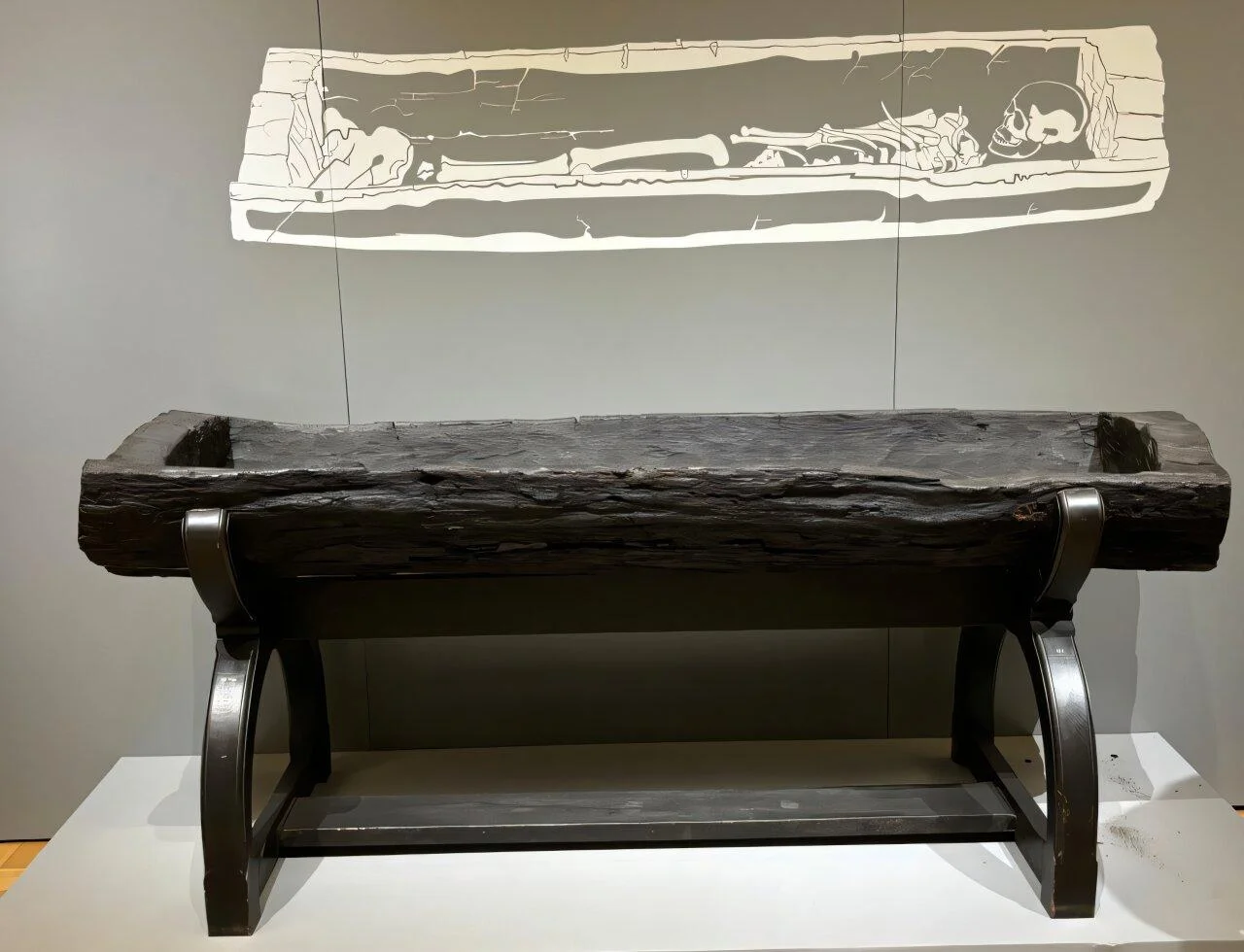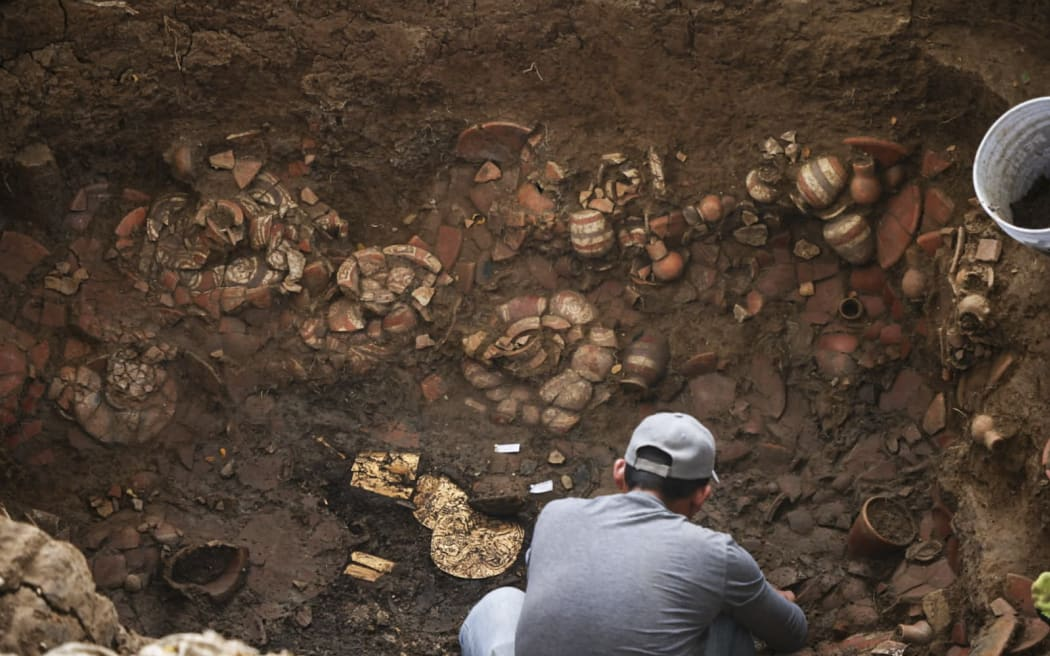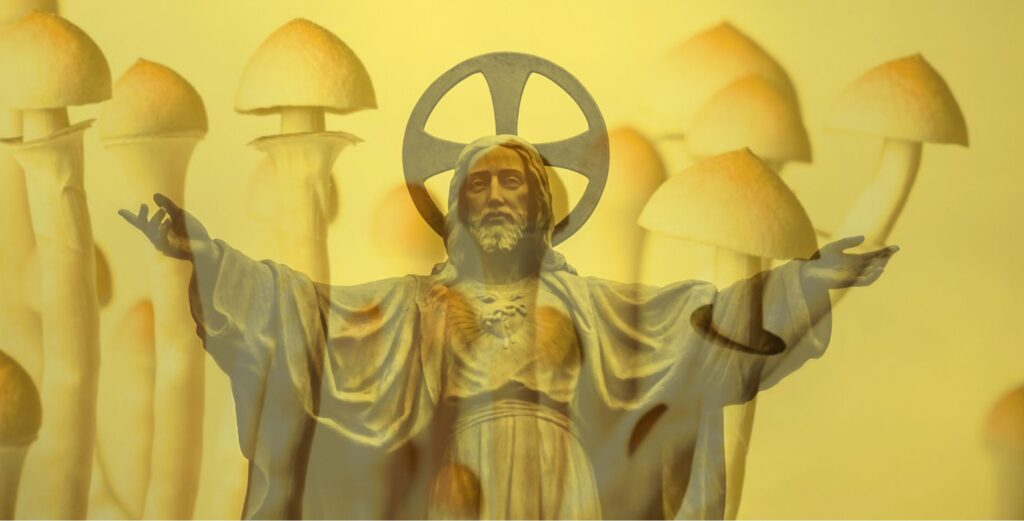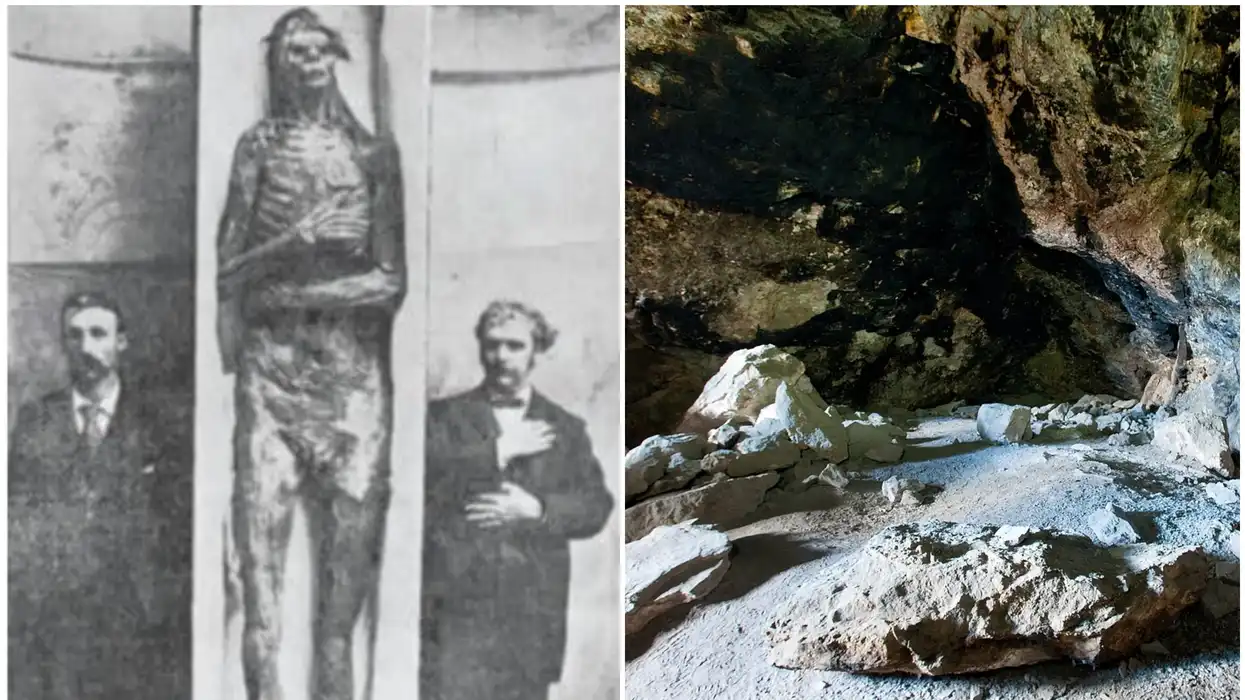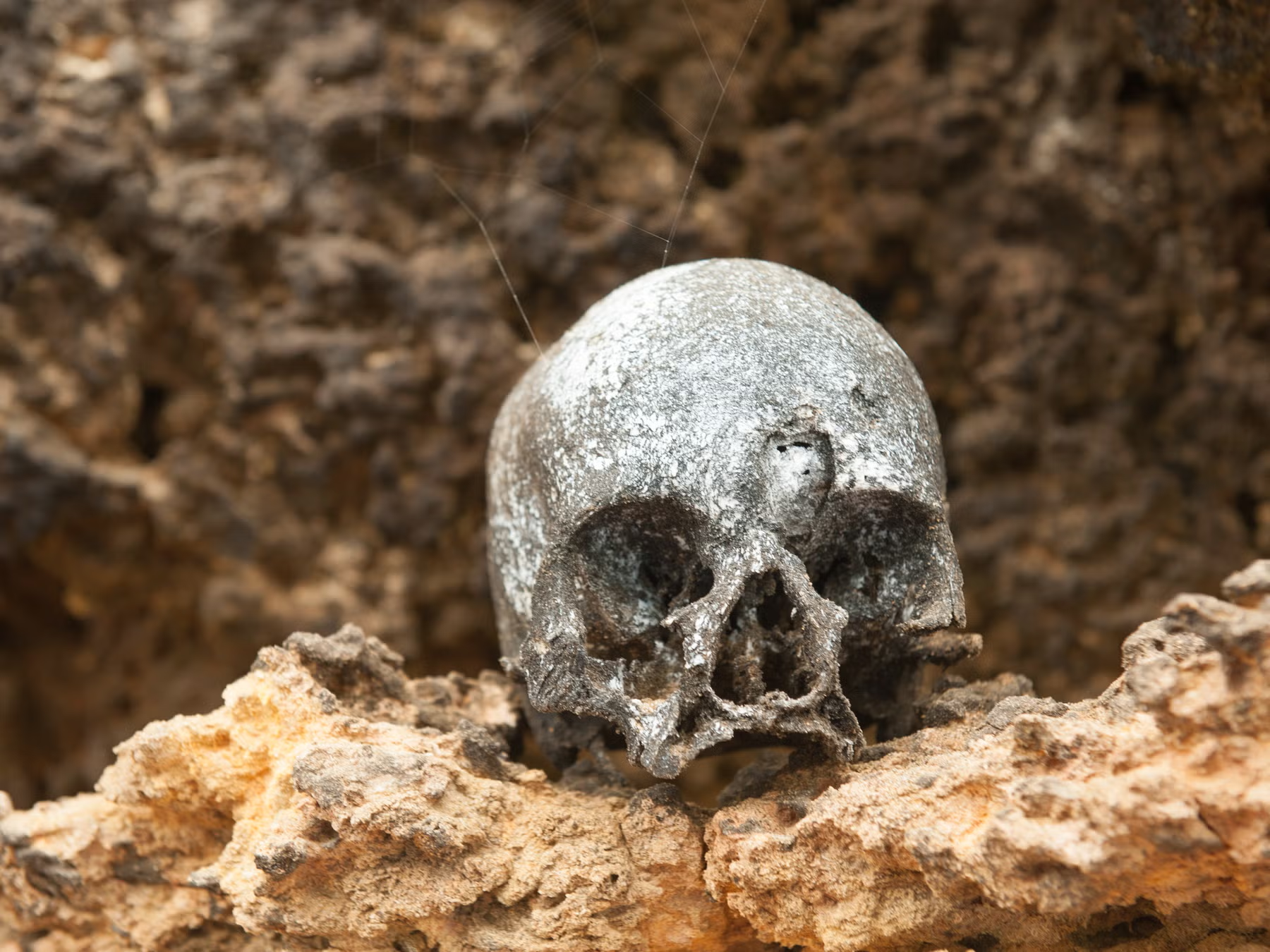Aristotle, a towering figure in ancient Greek philosophy, has left an indelible mark on the intellectual landscape of the West. Born in 384 BCE in Stagira, a small town on the northeastern coast of Greece, he was a student of Plato and later became the tutor of Alexander the Great. Aristotle's contributions span across various fields, including metaphysics, ethics, politics, aesthetics, rhetoric, and biology, reflecting his profound interest in comprehensively understanding the world.
Empirical Approach and the Four Causes
Unlike his teacher Plato, who emphasized the world of forms or ideas as the most real, Aristotle grounded his philosophy in the physical world. He believed that knowledge begins with sensory experience and that by observing the natural world, one can uncover the principles underlying reality. Central to his thought is the theory of the four causes, which he introduced as a framework to explain the existence and change of things:
The “material cause” refers to the substance out of which something is made.
The formal cause is the essence or blueprint that defines a thing's nature.
The “efficient cause” is the agent or force that brings something into being.
The “final cause” is the purpose or end for which a thing exists.
This framework allows Aristotle to explore the principles of change and causality in the natural world, providing a comprehensive understanding that influences subsequent scientific and philosophical inquiry.
Ethics and the Concept of Virtue
Aristotle's ethical theory, primarily outlined in his works "Nicomachean Ethics" and "Eudemian Ethics," centers on the concept of virtue and the pursuit of the good life. For Aristotle, the highest good for humans is eudaimonia, often translated as happiness or flourishing. This state is achieved not through the accumulation of wealth or honors but through the practice of virtue.
Virtue, according to Aristotle, is a mean between two extremes of excess and deficiency, relative to us. It is a habit or disposition developed through deliberate choice and consistent practice. Aristotle distinguishes between intellectual virtues, which include wisdom and understanding, and moral virtues, such as courage, temperance, and justice. A virtuous life is one of rational activity in accordance with virtue, which leads to the fulfillment of a human being's potential.
Politics and the Role of the State
In his "Politics," Aristotle extends his ethical considerations to the realm of the polis, or city-state, arguing that the state exists naturally and is necessary for the achievement of the good life. For Aristotle, humans are "political animals" who naturally seek to live in a community. The state's role is to foster a good and just society that enables its citizens to live virtuously and achieve eudaimonia.
Aristotle envisions a mixed government that combines elements of monarchy, aristocracy, and democracy, believing that such a balance would prevent the corruption of power and ensure the common good. His political theory emphasizes the importance of the middle class in maintaining stability and justice within the state.
Logic and Scientific Method
Aristotle's contributions to logic and the development of the scientific method are foundational. His "Organon," a collection of works on logic, introduces syllogism, a form of deductive reasoning that has influenced the structure of scientific inquiry and intellectual discourse for centuries. Aristotle's approach to science combines observation with logical analysis, laying the groundwork for empirical research and the categorization of knowledge.
Legacy and Influence
Aristotle's impact on Western thought is profound and enduring. His works became the basis of medieval scholasticism and deeply influenced Islamic philosophy, the Renaissance, and the scientific revolution. Aristotle's method of categorizing knowledge, his empirical approach to science, and his exploration of logic and ethics continue to be integral to modern philosophy, demonstrating the enduring relevance of his pursuit of wisdom.
In sum, Aristotle's philosophy represents a monumental effort to systematize knowledge and understand the principles governing the natural and human worlds. His work bridges the gap between the metaphysical and the practical, offering insights into ethics, politics, science, and logic that remain relevant and compelling today.


